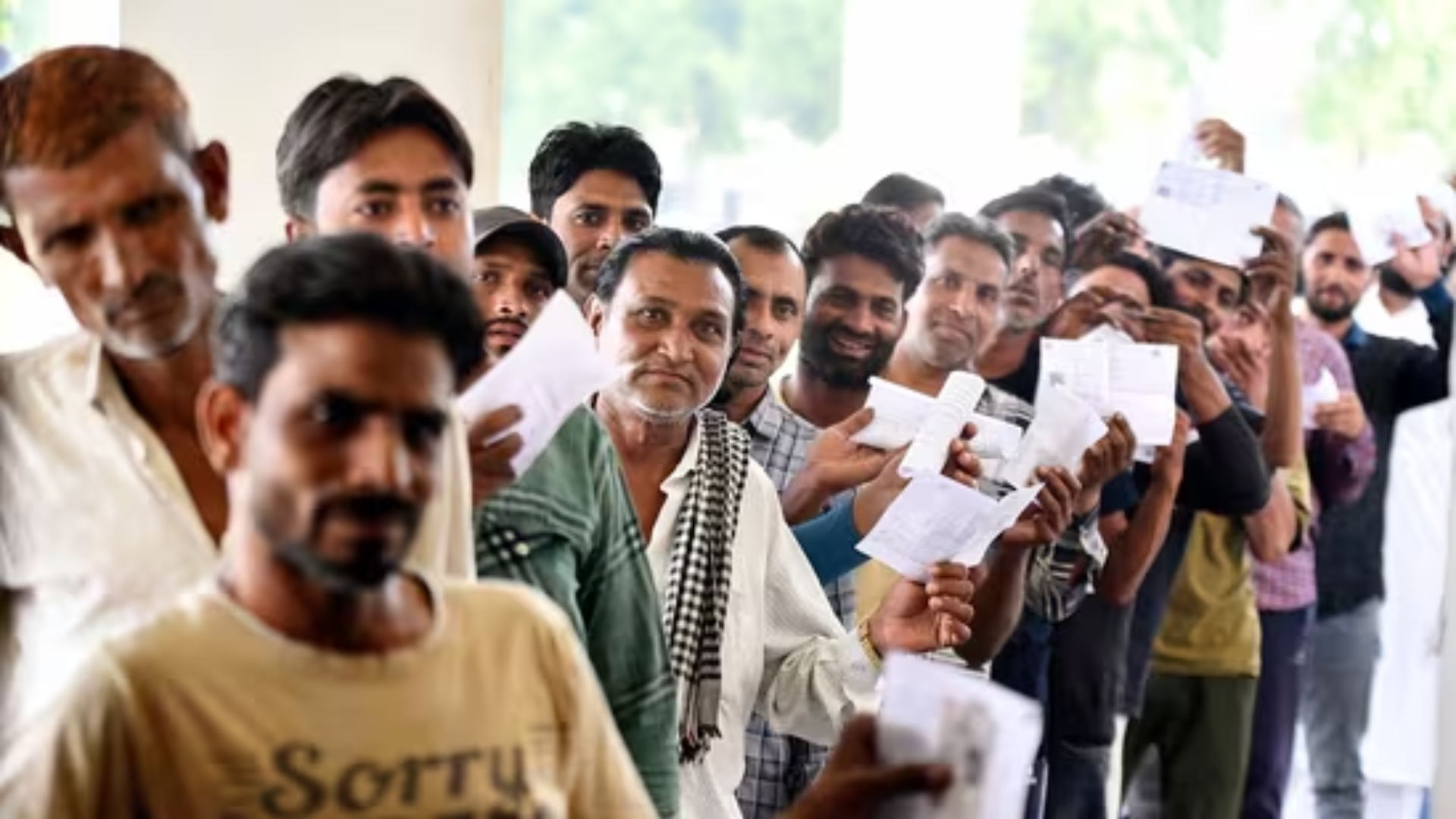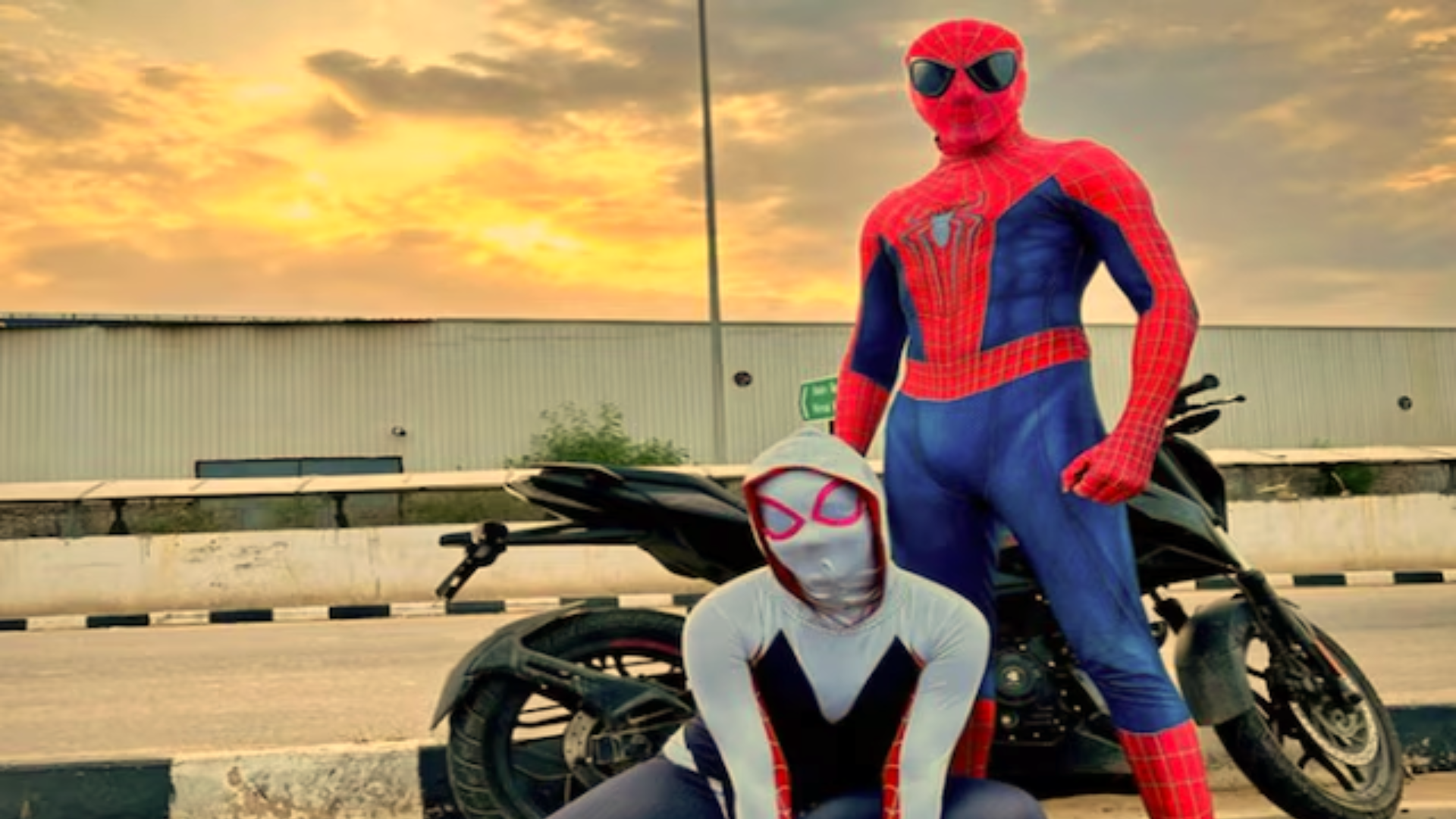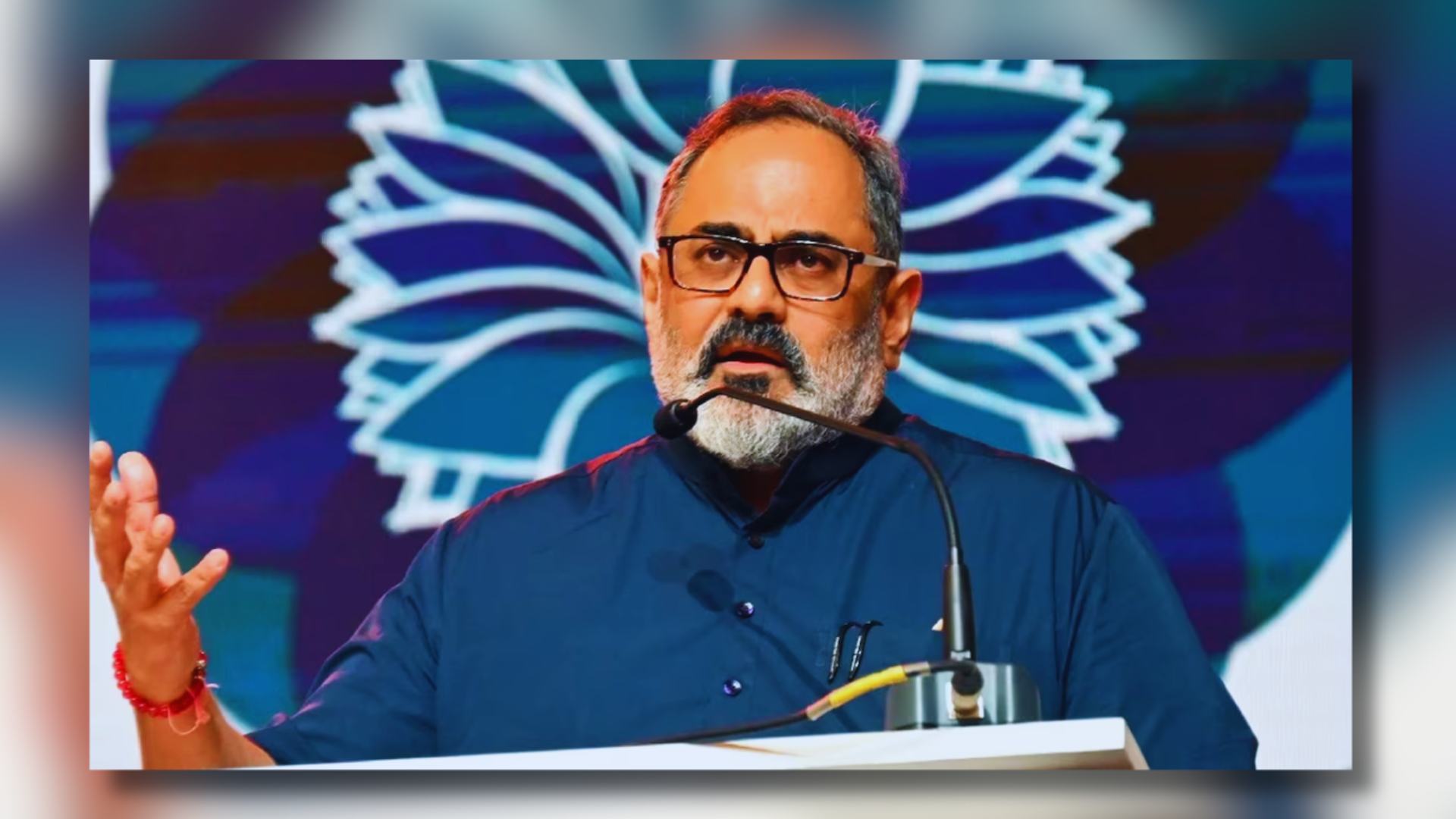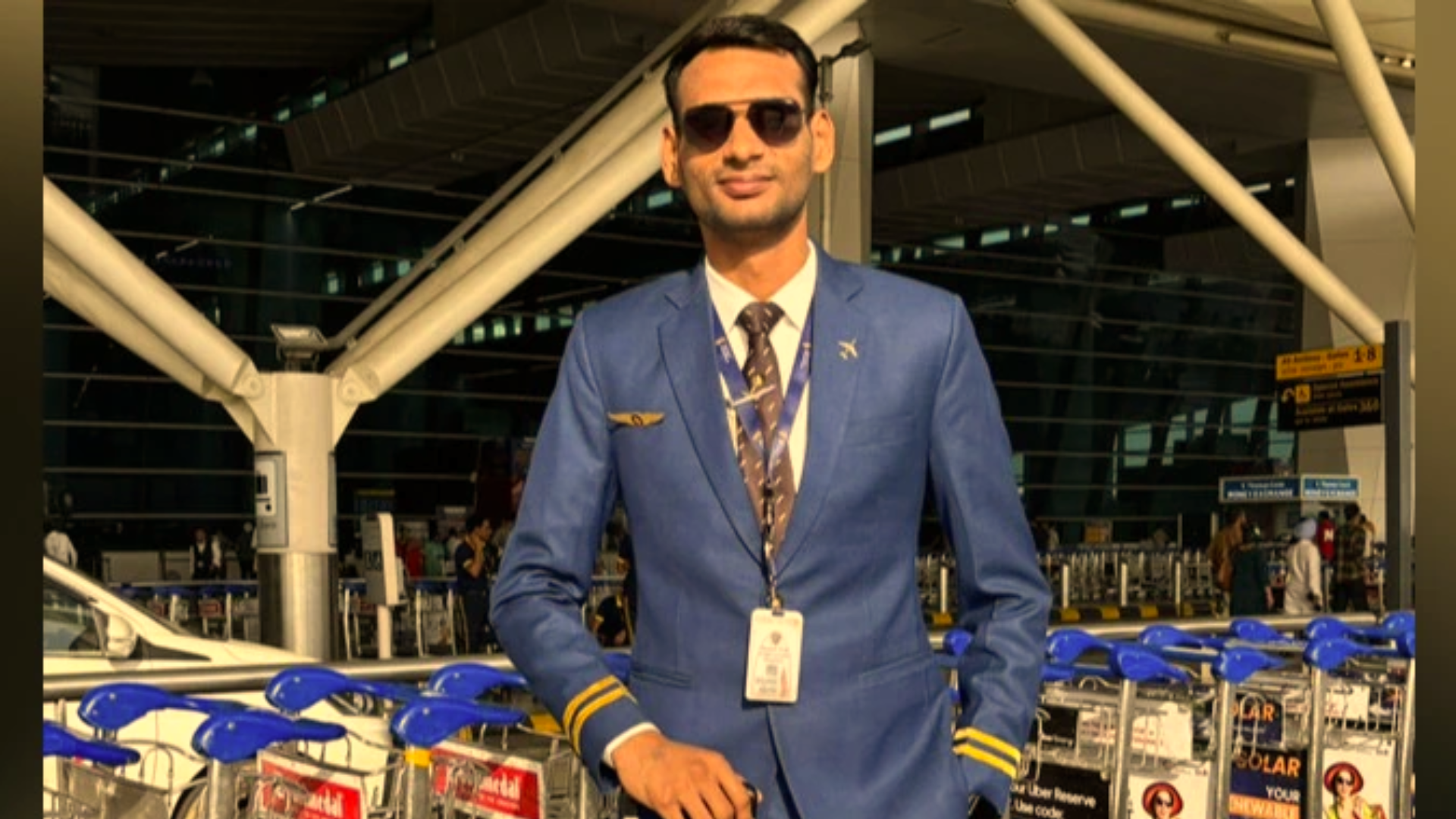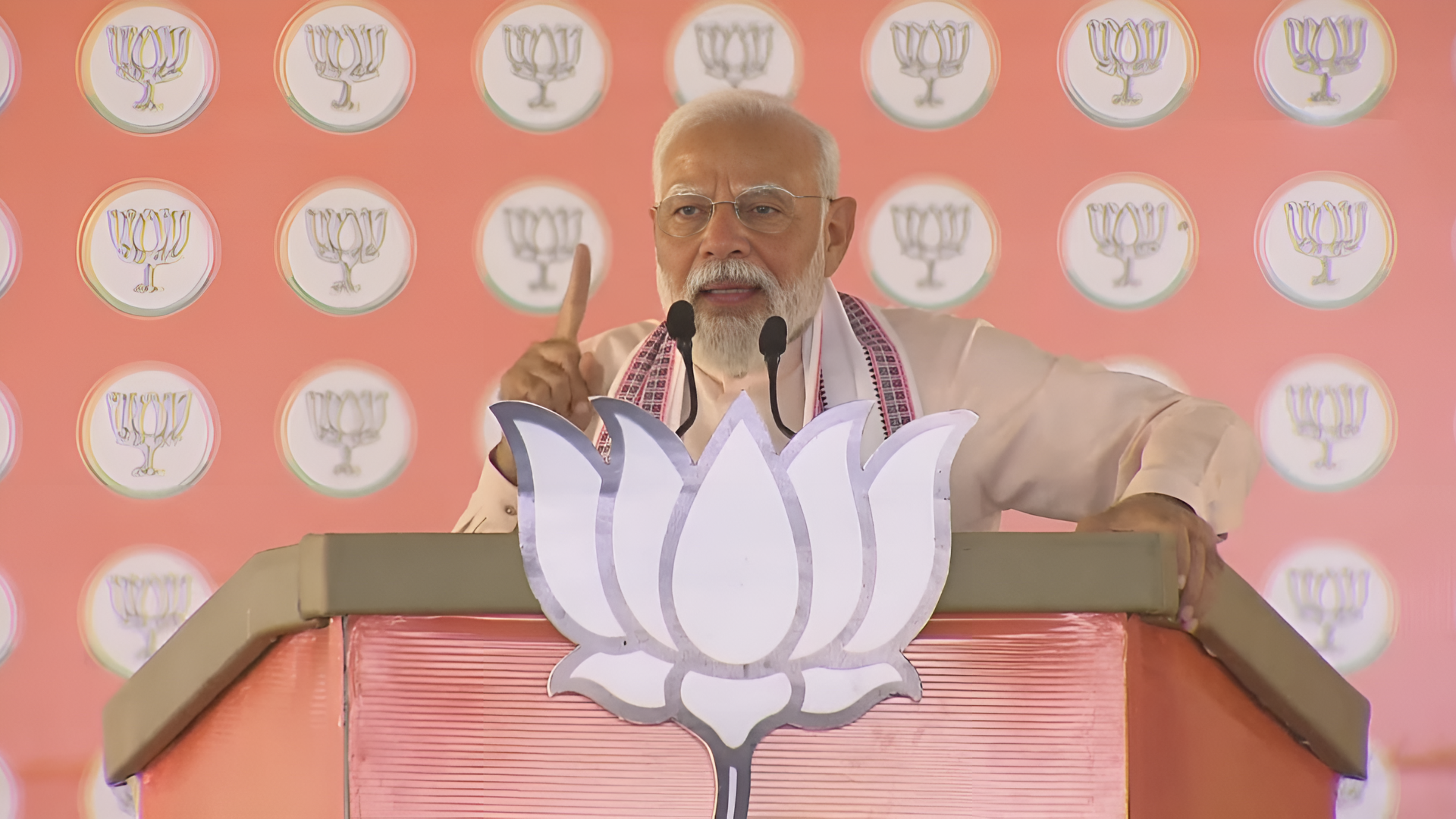


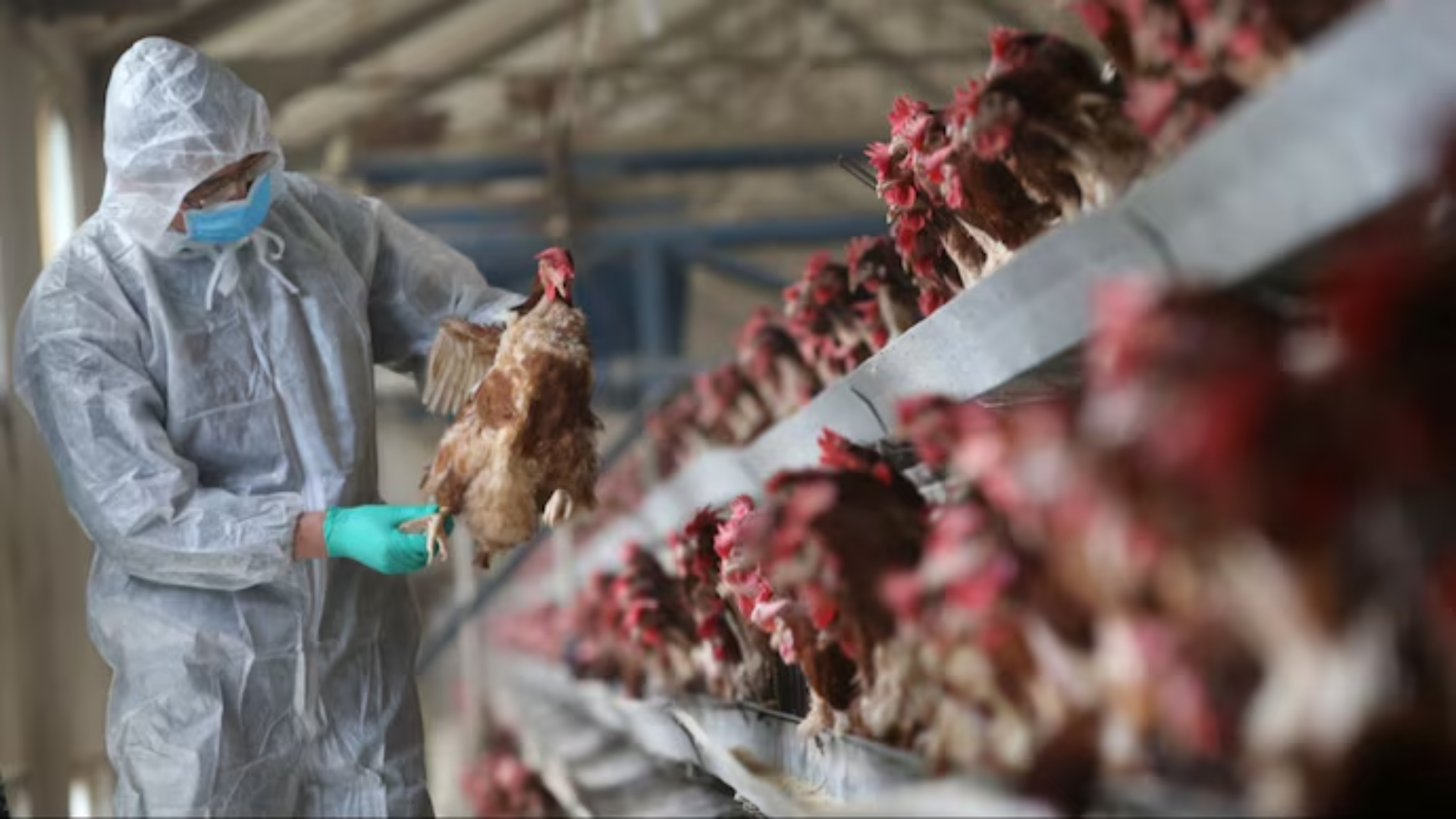





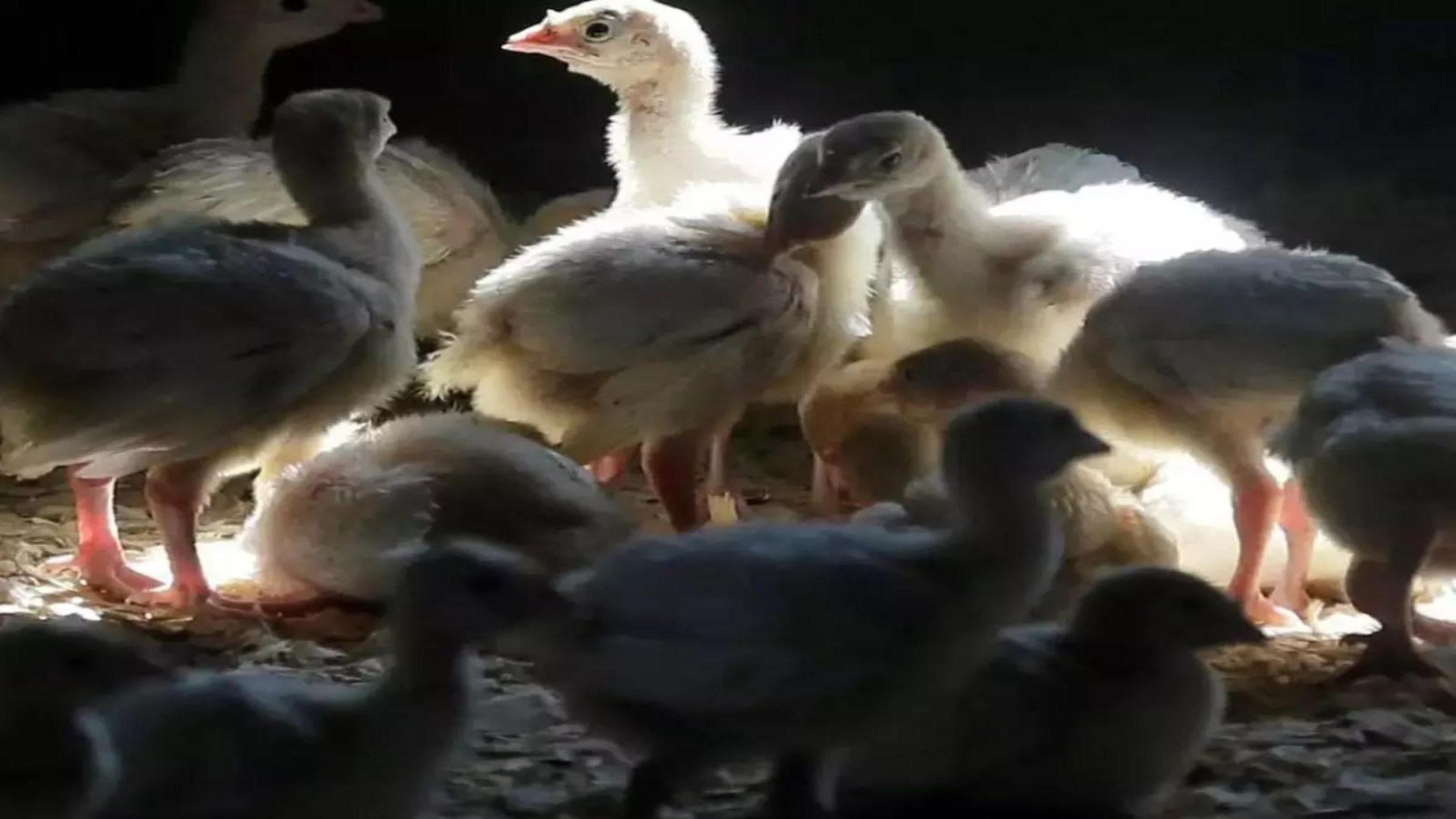
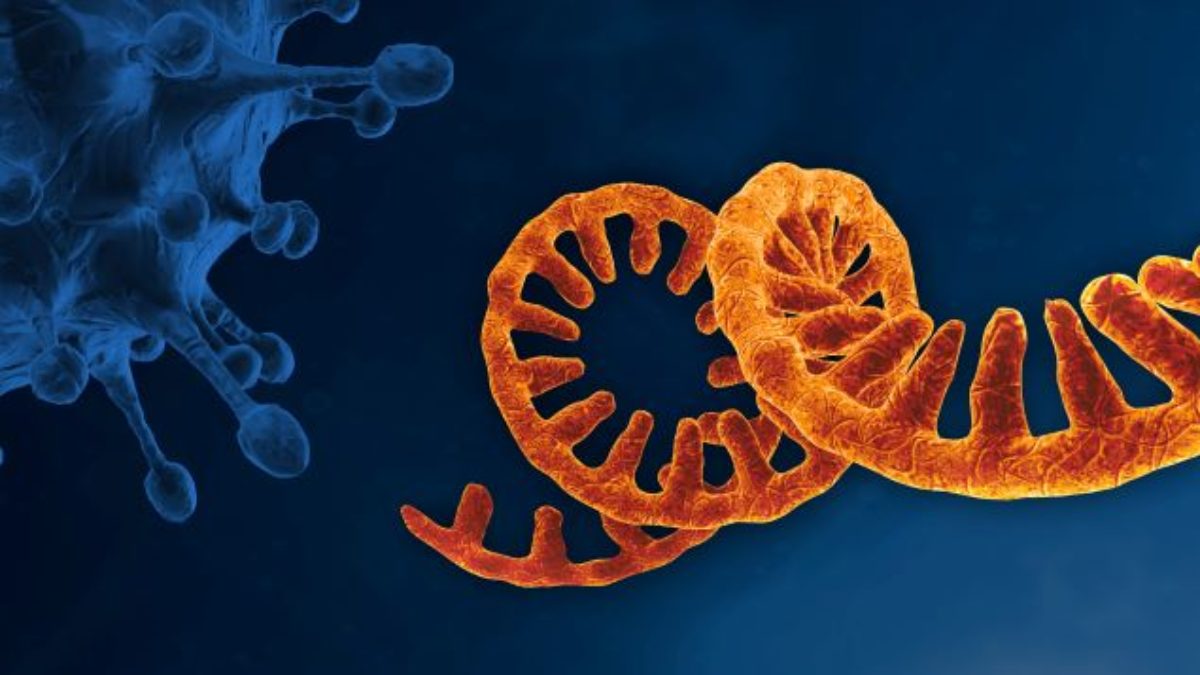
The’stealth Omicron,’ a sub-lineage of the Omicron BA.1variant, is causing the largest Covid outbreak in China and South Korea since 2020, leading Indian health officials to warn of the country’s impending fourth wave of the coronavirus pandemic. Current study, on the other hand, argues that mRNA vaccines can provide protection against Omicron BA.2, albeit the effects against clinical disease waves are only apparent after the third dose.
According to reports, Pune-based Gennova Biopharmaceuticals is developing India’s first mRNA-based Covid vaccine, and has just submitted phase -II and phase -III trial results to the regulator Drugs Controller General of India (DGCI).
Several investigations have shown that BA.2 spreads quicker than the BA.1 Omicron version, however it is unclear if the stealth variety is more proficient at avoiding the protection afforded by Covid-19 vaccinations. However, according to a research released on the preprint platform medRxiv and yet to be peer-reviewed, persons who got two doses of either the Pfizer–BioNTech or Moderna mRNA-based vaccine experienced many months of significant protection against symptomatic sickness caused by either BA.1 or BA.2.
However, after 4-6 months of the third dose of vaccine, the protection dropped to roughly 10%. This suggests that after 4-6 months, the vaccination can only prevent illness in 10% of instances.
The vaccinations’ protection decline in a similar fashion for both lineages of the variation, and with another booster dose, protection of 30-60% can be attained for both BA.1 and BA.2.
Surveillance data gathered in the United Kingdom also demonstrates that vaccination protection limits to less than 20% for both subvariants after 15 weeks or more from the day of the second dosage, and after the third dose, it climbs to about 70% 2-4 weeks post injection.
According to Laith Abu-Raddad, a co-author of the study and an infectious-diseases epidemiologist at Weill Cornell Medicine–Qatar in Doha, BA.2 was previously thought to be more lethal than BA.1, but the study’s findings give him hope that vaccinations and booster doses can prevent the worst Covid cases, even for the new stealth varieties.

